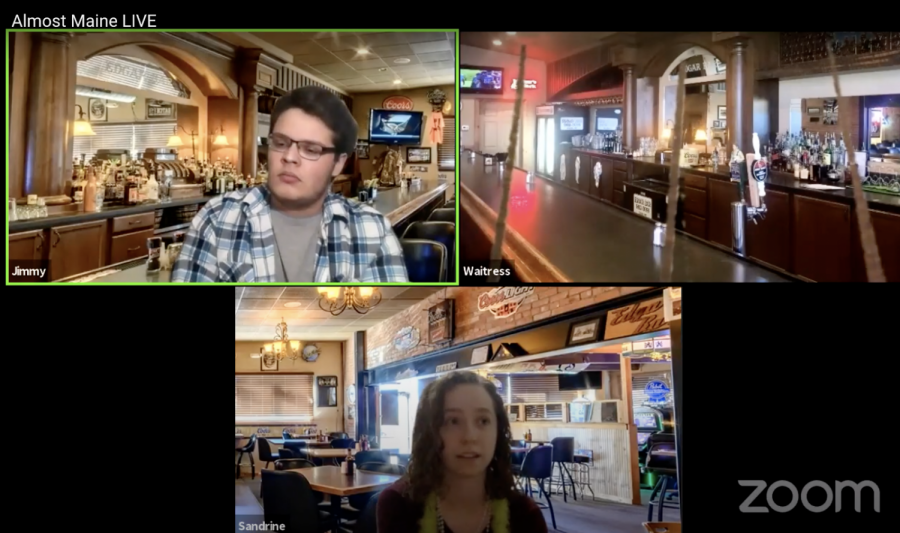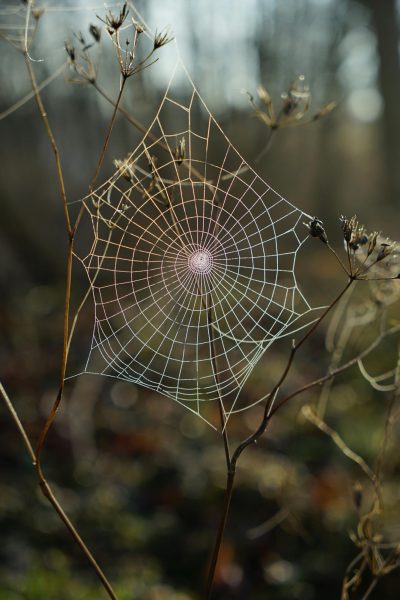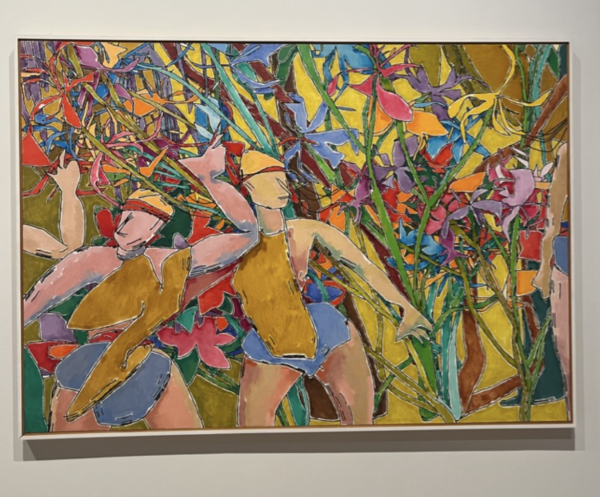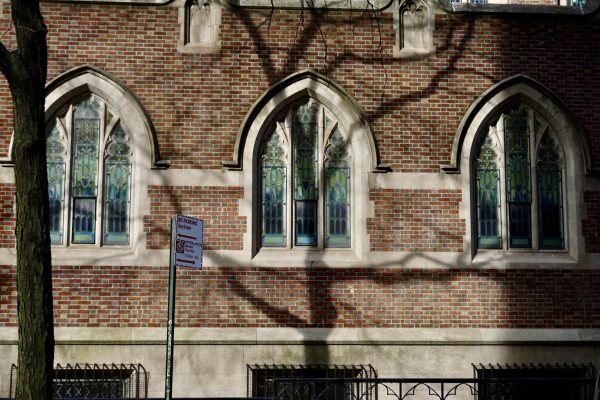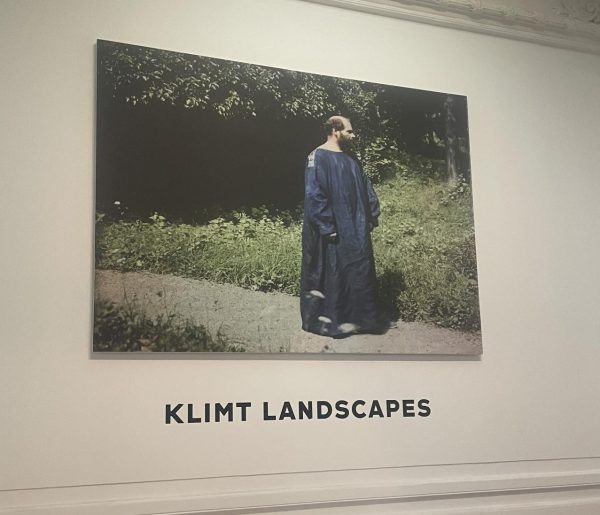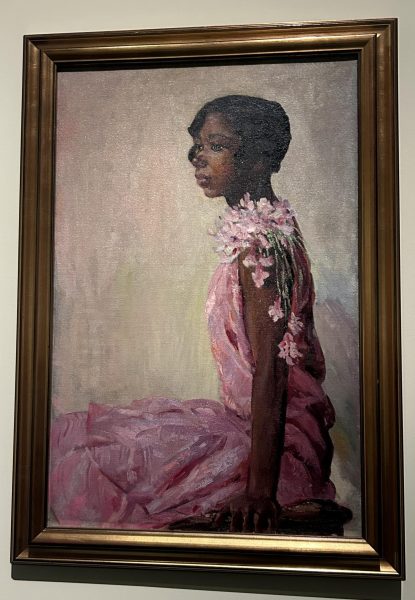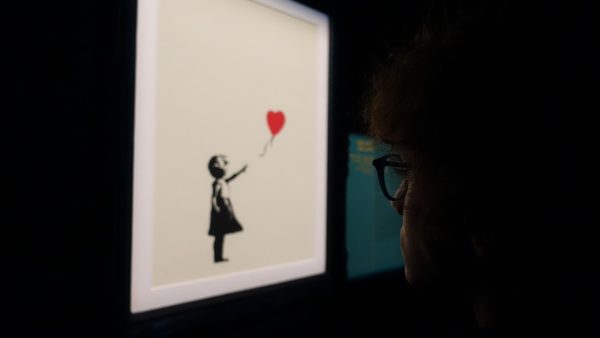The Show Must Go On(line)!
After a successful livestream of the online Spring play in June 2020, performing artists at Bronx Science are attempting to produce this year’s student performances entirely online.
Nolan Caile ’21 performs as Jimmy alongside Claire Garbowski ’22 as Sandrine in Bronx Science’s virtual production of ‘Almost, Maine.’
As the popular theater saying goes, the show must go on. With the annual Winter Concert and Fall Play dates approaching amid the Coronavirus pandemic, Bronx Science students are using alternative means to bring the performing arts to a virtual stage.
The 2020 spring play, ‘Almost, Maine’ by John Cariani, was a success. Streamed over YouTube with a current total of over 1,000 views, the June 2020 play reimagined the usually in-person experience with cohesive background images, at-home props, superb acting, and an enthusiastic live chat of supportive parents and peers.
In similar fashion, the Drama Department will produce the 2020-21 Fall Play, ‘Metamorphoses’ by Mary Zimmerman, entirely over Zoom — from auditions, to rehearsals, to the final show. In contrast to plays staged in previous years, both Cariani and Zimmerman’s works are structured as a series of vignettes; ‘Metamorphoses’ follows Ovid’s classical tales through a series of short stories. The multi-narrative structure allows for more efficient online rehearsals and, “showcases the broad amount of talent our actors have with the range of personalities in the characters,” said junior director Grace Lim ’22.
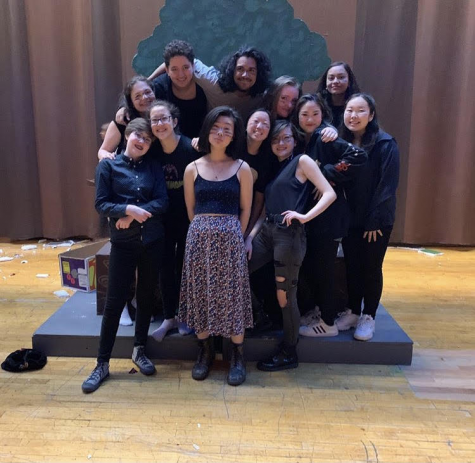
This year’s production is certainly not an easy show to pull off virtually. It features a dream-like setting, mythical costumes, and a pool of water centerpiece. Stage manager Sylvie Klingborg ’21, who has worked on both the play and musical since the ninth grade, agrees that, “It does require extra creativity to convey the feeling of a stage and make the audience feel like they are watching an actual play.” Nevertheless, she is confident in the department’s abilities. “I hope that even though we are remote and so much is changing, we will still be able to have a good time working together and, of course, put on a great show,” Klingborg added.
In 2019, the Drama department produced the musical ‘Bye Bye Birdie’ in the fall instead of the usual play. Unsure of the show’s feasibility, the department is holding off on the musical until Spring 2021. That is not stopping Bronx Science from celebrating music, however.
The school’s music ensembles have already made many adjustments to their classes. Over the summer, prospective students submitted audition videos as opposed to auditioning face-to-face. Long gone are the days of echoey music in familiar halls; online, ensemble pieces are impossible to coordinate live.
In Orchestra and Chorus, students are attempting to record one audio-only piece for each ensemble. According to music director Mr. Paul DeSilva, each student will record their individual part in segments. Then, in section groups, they will align their recordings in BandLab, a collaborative music production platform. Each section track will later be merged into a singular recording to be posted across Bronx Science sites. Progress has been slow so far, but Mr. DeSilva remains optimistic.
Mr. Juan Mantilla’s band ensembles have also been experimenting with BandLab. “The Music Department is still very active and alive, and we hope that we can share that with the whole school very soon,” he explained. On synchronous and asynchronous days, they work on recording, composing, and sharing music.
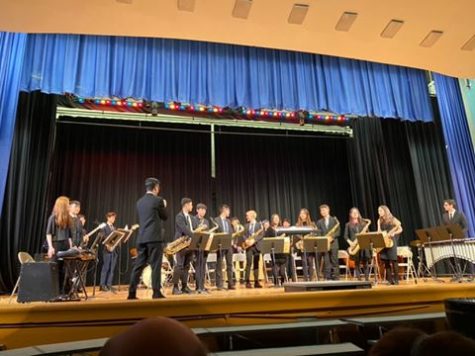
As for obstacles, most Bronx Science students would agree that technical issues have posed some of the biggest challenges during these first few months of remote learning. Trumpeter Frannie Turino ’22 recounts instances of, “tracks getting randomly deleted, sound quality getting warped, not saving our work, etcetera.” She hopes that the issues are resolved in time for an online concert.
Still, students across both the Music and Drama Departments are excited to investigate the different ways that the arts can be expressed using modern technology. Online, it is easier to distribute necessary materials, to provide resources, and to integrate technology into the curriculum. “I hope this is a trend that will continue when we return to the classroom full-time. It is also an exciting time to experiment with new pedagogical tools,” said Mr. DeSilva.
At a STEM-oriented school like Bronx Science, the performing arts serve as a unique space for artistic expression. Bringing people together through such mediums is all the more important when navigating these tumultuous times of the novel Coronavirus pandemic. While lights are still out on Broadway, the Metropolitan Opera, and Carnegie Hall, the spotlight — albeit radiating off a computer screen — will continue to shine on the students at Bronx Science.
“I hope that even though we are remote and so much is changing, we will still be able to have a good time working together and, of course, put on a great show,” said Sylvie Klingborg ’21.
Marian Caballo is a Copy Chief for ‘The Science Survey,’ and she is elated to be on staff for a second year. She is drawn to journalism because it...

